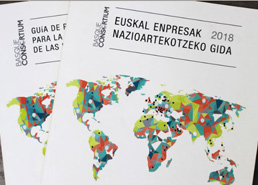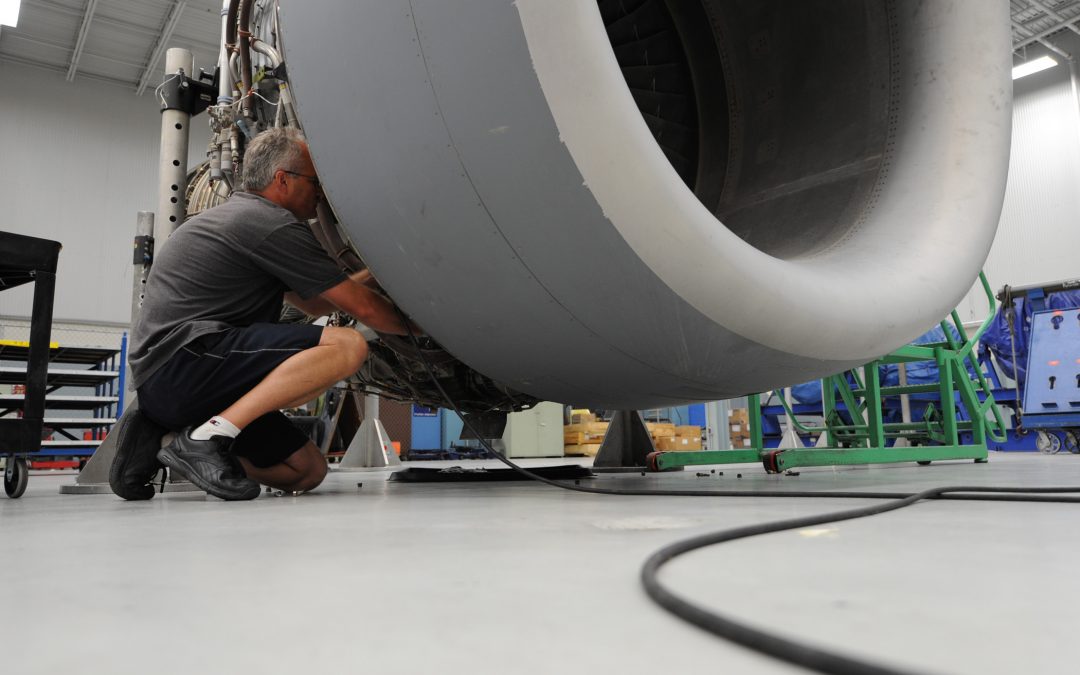Malaysian Investment Development Authority (MIDA) has observed a growing interest in investments into the country, particularly in the business and commercial aviation’s maintenance, repair, and overhaul (MRO) and the aerospace sector.
KUALA LUMPUR: Malaysian Investment Development Authority (MIDA) has observed a growing interest in investments into the country, particularly in the business and commercial aviation’s maintenance, repair, and overhaul (MRO) and the aerospace sector. Chief executive officer Datuk Azman Mahmud said last year, the aerospace sector recorded total revenue of RM14.4 billion with exports of RM8.49 billion supported by quality investments in the local supply chain. Local MRO activity in Malaysia is considered a mature market with a turnover reaching RM6.62 billion in 2018, fuelled by Airbus Helicopters and Airbus SE.
“These investments illustrate the vast opportunities for MRO and related supporting companies to explore Malaysia as a regional hub to serve carriers operating in this region,” he told the New Straits Times in an interview recently. Touching on Malaysia as a strategic hub, Azman said efficiency in connectivity was also an important factor for businesses to reach customers before being distributed to the final assembly line. Given focus on connectivity to major cities in industrial areas are important for Malaysia to be part of the global supply chain network.
“We need to create the baseload and bring in investors as we are positioning Malaysia as the regional hub for companies’ roles and functions. “If you want to go to one location, we cannot be making three stops before arriving at the destination. Companies prefer the shortest traveling period for businesses as they usually use air travel,” he said. “We cannot only depend on international travelers to provide the baseload for connectivity and efficiency at the airport,” he added. On other industries, Azman said Malaysia has gained attraction among technology companies to set up their operations in the country.
“We need the sophistication of industrial development into higher value-added, e-commerce, and e-fulfillment. More and more companies will encourage business travelers to come and connectivity needs to be improved,” he said. Association of Asia Pacific Airlines (APPA) director general Andrew Herdman said the global supply chains are distributive now with sub-components are made in different places and have to be connected. “Therefore, air cargo provides a lot of value-add and delivery as it has the capability to support economic activity. “It is not about getting the item to the consumers, but rather the sub-components coming from all over the parts globally, before it can be re-assembled and passed on to the final assembly,” he said. Herdman said commercial wide-body aircraft can carry additional between 20 tonnes and 30 tonnes of load, supplementing dedicated freighters for the air cargo business.
“The belly space comes with the passenger aircraft is underutilised, unlike the busy routes. The proportion of the belly space is significant,” he said. Asian carriers accounted for about 35 per cent of the global total air cargo volume with US$6 trillion worth of goods. “Air cargo is an attractive business due to its high-value time-sensitive items. However, it is a tough competitive business and we expect more growth in the future,” he said. The International Air Transport Association (IATA) said air cargo continues to face strong headwinds from the intensifying trade war between the US and China, as well as weakness in some of the key economic indicators and rising political uncertainties worldwide. According to IATA’s data for global air freight markets, demand for air cargo contracted by 3.9 per cent in August 2019, marking the 10th consecutive month of year-on-year (YoY) decline in freight volumes, the longest period since the global financial crisis in 2008.
“Freight capacity, measured in available freight tonne kilometers (AFTKs), rose by 2.0 per cent YoY in August 2019. Capacity growth has now outstripped demand growth for the 16th consecutive month.” Asia-Pacific airlines saw demand for air freight contract by 5.0 per cent in August 2019, dragged by the US-China trade war along with the slowdown in the Chinese economy. It said the temporary shutdown of Hong Kong International Airport – the largest cargo hub in the world – added additional pressure as the region accounted for more than 35 per cent of total FTKs.
+info: https://www.nst.com.my/business/2019/10/532238/growing-interest-mro-and-aerospace-sector-mida



